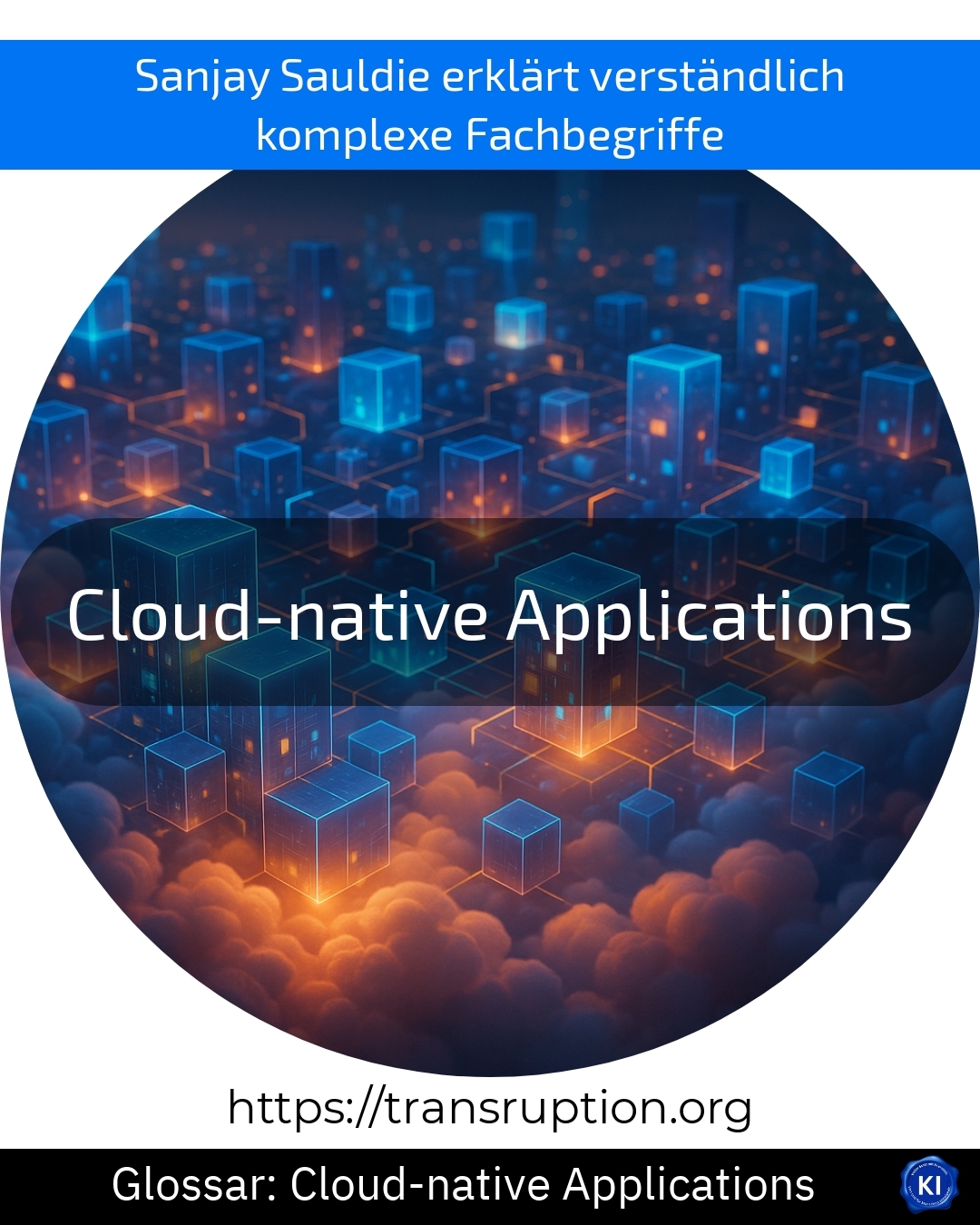Cloud-native applications are primarily at home in the areas of digital transformation, big data, smart data and artificial intelligence. They describe software applications that have been specially developed for use in the cloud. Unlike traditional programmes, these apps no longer run on individual computers on site, but instead exploit the strengths of cloud platforms.
The advantage: cloud-native applications can grow flexibly and adapt quickly to new requirements. They are often divided into individual, small modules that function independently of each other and can be updated. Companies benefit from this because they can provide new functions more quickly and react to changes in the market.
One example: an online shop relies on a cloud-native application to analyse purchasing data in real time. If the sales figures for a product suddenly increase, the system can react immediately, trigger repeat orders or adjust marketing campaigns, for example - all without long waiting times or time-consuming conversions.
Cloud-native applications help companies to become more agile and implement innovative solutions more quickly. This makes them an important component of the digital transformation and helps companies remain competitive.















